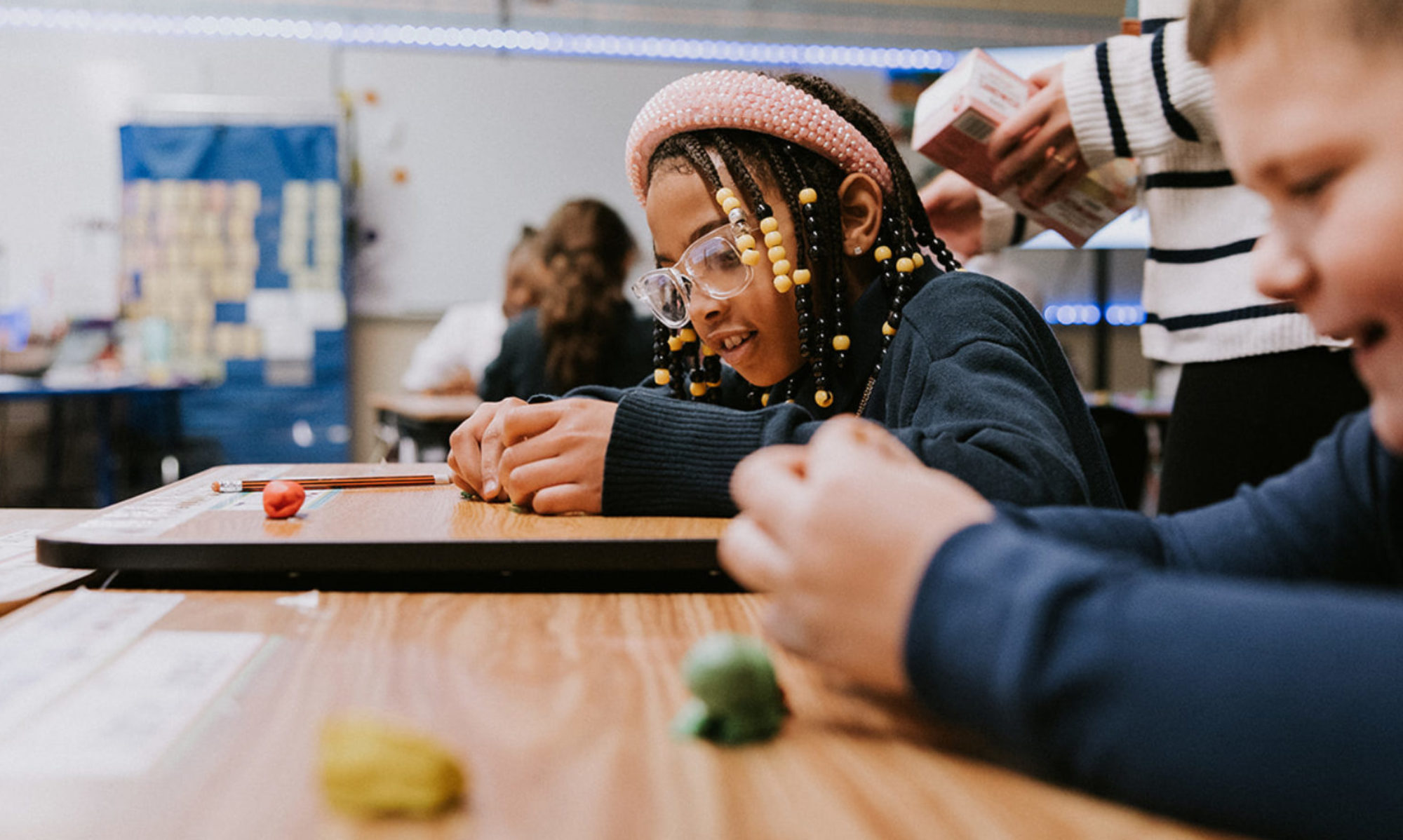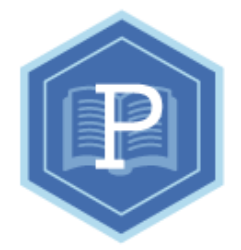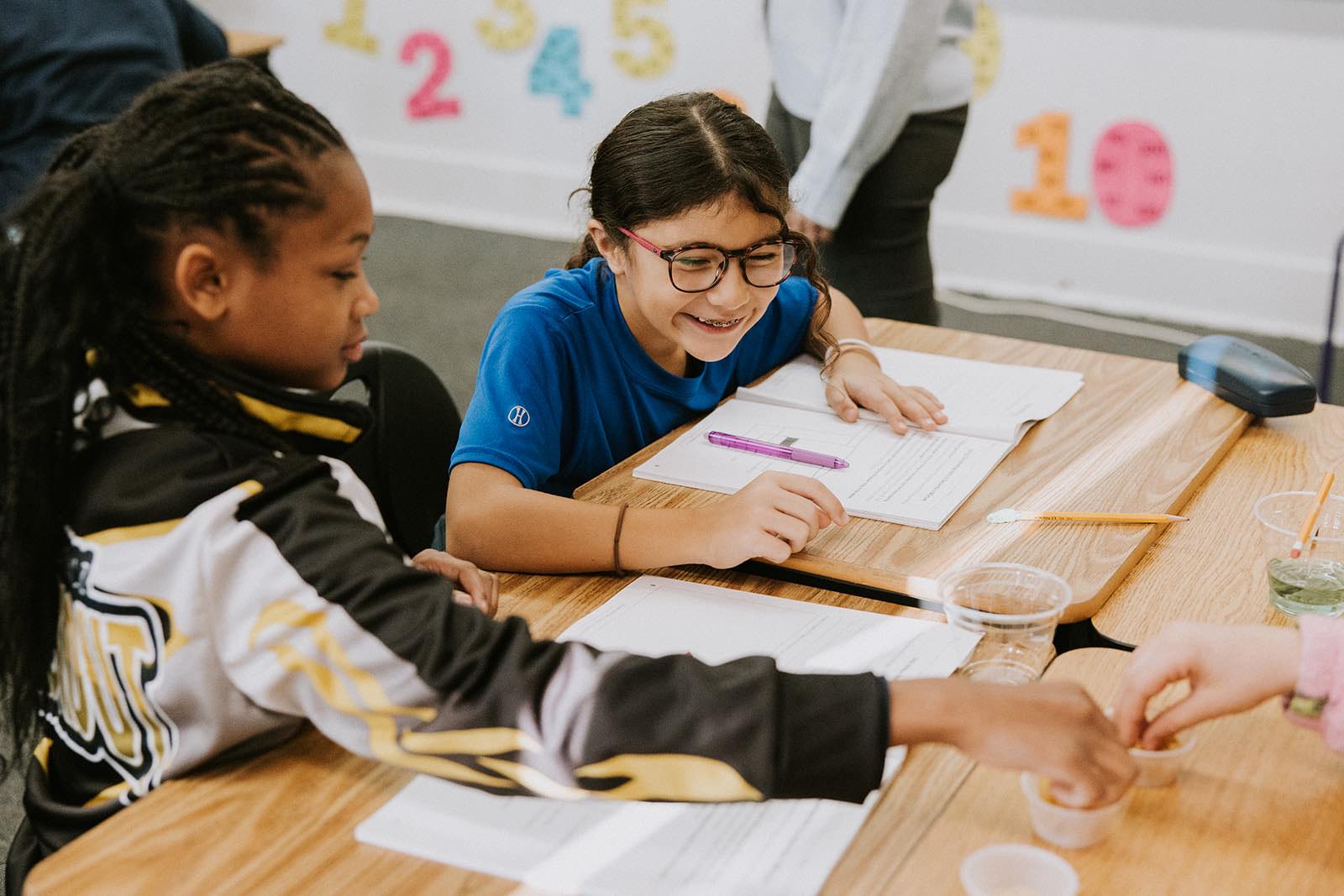PCS Gets Kids Hooked On Reading – 6 Ways We Make Reading Fun!
At PCS, we know that strong reading skills can transform a child’s future. But more than 1 in 3 kindergarteners begin school without the foundational skills to learn to read. By fourth grade, 65% of students are reading below grade level.
That’s why we focus on reaching struggling readers early with evidence-based curriculum designed to meet their unique needs. Our programs are especially effective for students with language-based learning differences — helping them build confidence, skills, and a lifelong love of reading.
The results go far beyond academics. Research shows that students who read for pleasure enjoy higher self-esteem and are better equipped to navigate life’s challenges.
At PCS, we make reading engaging and joyful — because when learning feels good, kids dive in and thrive.
Here are 6 ways we integrate fun reading activities throughout the school year:
Battle of the Books
Battle of the Books
Teams of students read a selection of books together, come up with fun team names, make study games, and prep for an all-out trivia, maker, and physical challenge battle. All inspired by what they’ve read!
Literary Luncheons
Literary Luncheons
We bring books to life with themed lunches! Think Harry Potter feasts, Percy Jackson quests, and Roald Dahl fun—with costumes, games, music, and prizes.
Academic Pentathlon
Academic Pentathlon
Our Pentathlon teams up students across grades to tackle five fun events tied to what they’re learning in class—all inspired by our annual school-wide read. Let the games begin!
Book-to-Film Adaptation
Book-to-Film Adaptation
6th graders turn a book into a movie! They storyboard scenes, build props and make costumes, assign roles, and film and edit their scenes into a mini movie to share with our school.
Read Across America Week
Read Across America Week
We celebrate all things reading with themed days, events, and surprises the first week of March—Dr. Seuss’s birthday included!
Mystery Readers
Mystery Readers
Who’s coming to read to the class? Could be a parent, teacher, or local hero—but it’s a surprise until they walk in with a book!
Tips for Caregivers
Wondering what steps you can take to encourage reading at home?
Here are some tips from the experts at PCS!

Support Their Interests!
Talk with your child about their interests, and give them material that will engage them. Got a sports fan? Try nonfiction books that profile sports stars or teams. Got an animal lover? There are lots of kids magazines and books that share fun facts about pets and wildlife. Comic books are often a hit with fans of action movies. The options are endless!
Take It Easy!
Want a good rule of thumb when helping your child select weekend or summer books? Give them easy reading. Non-school time is supposed to be a relaxing time for kids to be kids. Let them experience the joy of reading without having to work hard on decoding words. It’s an easy way to help them get absorbed in books!
Read Aloud…Together!
Make time to read aloud to your child, and let them take turns reading alongside you. That can mean incorporating books into your bedtime routine, sharing a quick mealtime story, or simply reading signs together when you are in the car or grocery shopping. You may be surprised at how well your child can read aloud to you!
Use Technology!
Don’t forget that there are many wonderful books that are available as audiobooks. Your local public library has audiobooks that you can check out at no cost, and there are online apps that have large selections of children’s audiobooks available for a fee. Some book apps even highlight sentences so that your child can read along with the narrator.
Be A Role Model!
Learning starts at home, and that means that every caregiver can be a role model as a reader. Take books along to the beach or park. Going on a family vacation? Bring a book for the whole family to read and discuss. If you are dyslexic, let your child see you reading or listening to audiobooks. Talk about how you overcome your own difficulties with reading. Your attitude towards reading can be a positive influence on the next generation of readers!

Other Resources for Families
- Pennsylvania Dyslexia Association
- Virtual Support Groups – Regular & Free to the Public: https://pa.dyslexiaida.org/what-we-do/pbida-support-groups/
- DyslexiaCampus.com
- LiteracyHow: Empowering Teaching Excellence
- NPR SPECIAL SERIES – Unlocking Dyslexia
- Pennsylvania Training and Technical Assistance Network
- Reading Rockets
- Understood- For Learning and Attention Issues
- Council for Exceptional Children
- Education Law Center
- National Center for Learning Disabilities
- International Dyslexia Association
- Decoding Dyslexia PA


